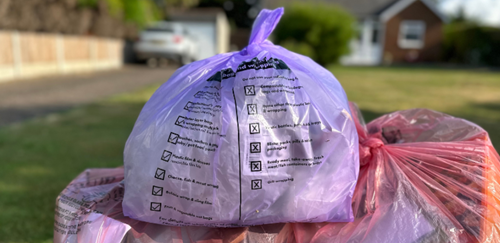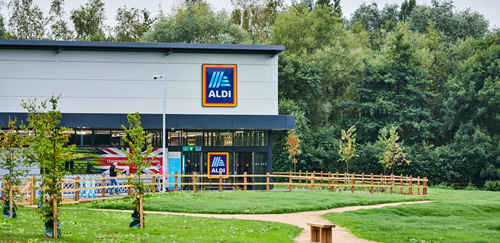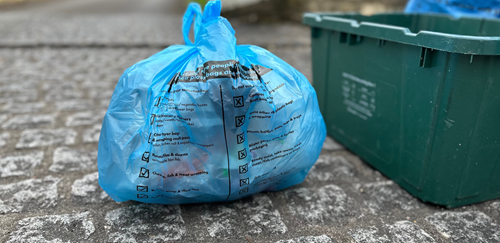Whilst flexible plastic packaging has its benefits, it remains very challenging to recycle. Despite making up around 25% of all UK consumer packaging, only 8% of flexible plastics are recycled.
Tackling these issues requires successful collaboration across the industry, from retailers, recyclers, local authorities and manufacturers, to create an efficient system that incentivises high-quality recycling of a material that has historically gone to waste.
What the industry needs, more than anything else, is a sensible, well-designed and well-run Extended Producer Responsibility (EPR) system for UK packaging and clarity over the required collection system (i.e. a consistent one) and how the payments will work from the EPR scheme administrator.
Under the proposed EPR legislation, UK-wide kerbside collections for flexible plastics are expected to become compulsory from March 2027. Along with consistent collections and the incentive provided by the Plastic Packaging Tax to include recycled content in packaging products, the scene should be set for a potential revolution in recycling.
In his latest article in Circular, Gareth Morton, Flexible Plastic Fund spokesperson and Discovery Manager at Ecosurety shares his key insights into the flexible plastic recycling problem and unpacks:
the challenges of recycling flexible plastics
the latest UK policy updates
key findings from the FPF FlexCollect Project
the necessary solutions for successful flexible plastic recycling
With the cards evidently so stacked against recycling flexible plastics, should we even bother? The answer is, for so very many reasons, a resounding yes. But how?






